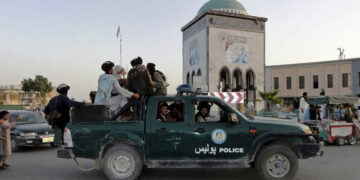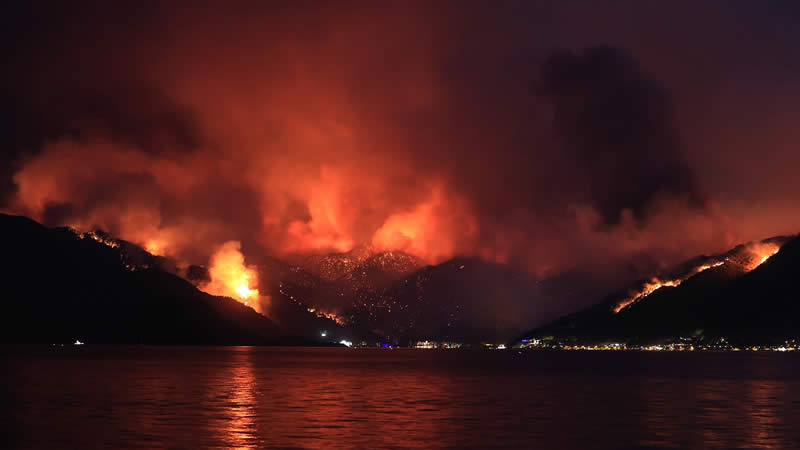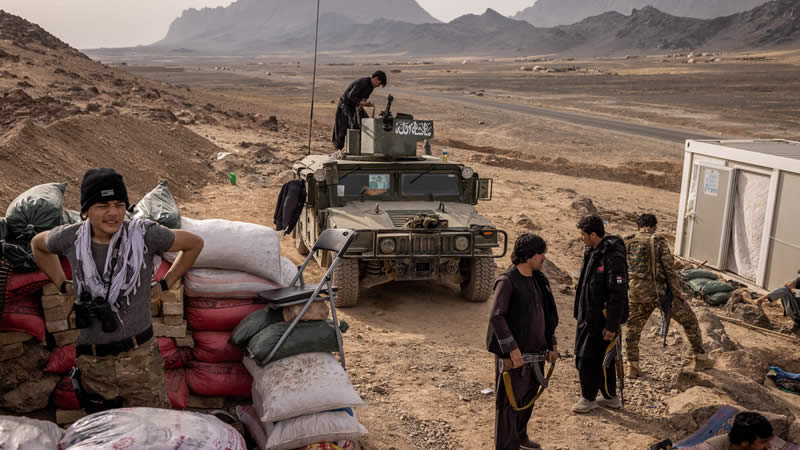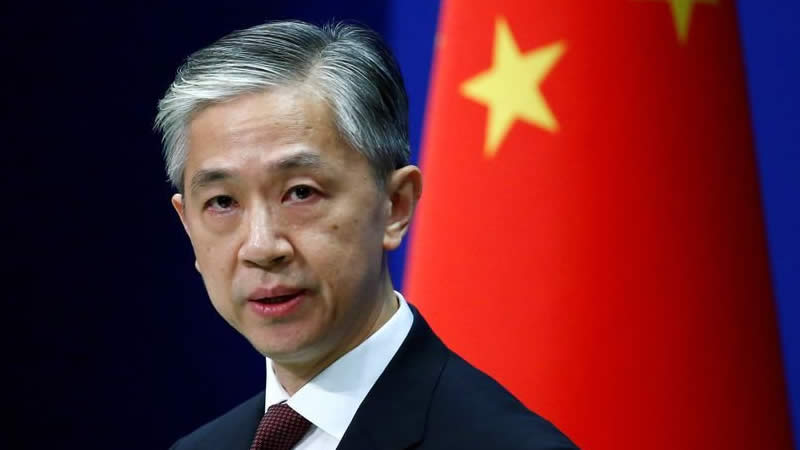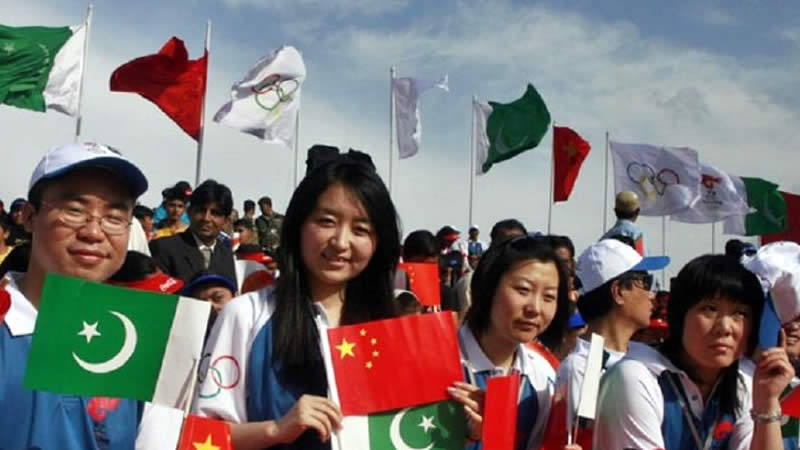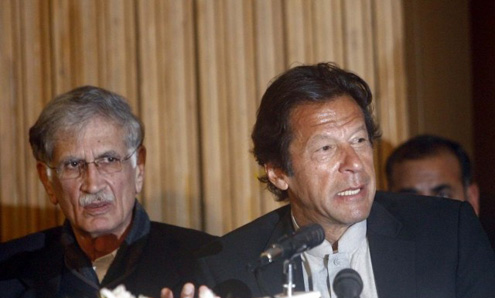 WASHINGTON: In the event of another Mumbai- type attack, India is most likely to strike back by eliminating terrorist training camps across the border which may lead to a “full-blown” Indo-Pak war involving possibility of a nuclear exchange, a noted US counter-terrorism expert has said.
WASHINGTON: In the event of another Mumbai- type attack, India is most likely to strike back by eliminating terrorist training camps across the border which may lead to a “full-blown” Indo-Pak war involving possibility of a nuclear exchange, a noted US counter-terrorism expert has said.
“I think a very serious concern that we should all be collectively worried about is the possibility of a Mumbai II attack,” Peter Bergen, the Counter-terrorism Strategy Initiative Co-Director at New America Foundation, said in his testimony before the House Homeland and Security Committee.
Mumbai-II, Bergen, said would change every strategic calculation in South Asia.
“I think the Indians showed great restraint after the last Mumbai attack. But their populations are going to demand some kind of retribution if a large-scale attack happens on Indian soil by a Pakistani militant group, which I think is one of the more foreseeable foreign policy challenges we have going forward,” he told the committee, which had organised a hearing on the evolving nature of terrorism nine years after 9/11.
One of the more predictable US foreign policy challenges of the next years is a “Mumbai II”: a large-scale attack on a major Indian city by a Pakistani militant group that kills hundreds, Bergen said.
However, an attack like this would likely produce considerable political pressure on the Indian government to “do something,” he said.
“That something would likely involve incursions over the border to eliminate the training camps of Pakistani militant groups with histories of attacking India. That could lead in turn to a full-blown war for the fourth time since 1947 between India and Pakistan,” he said.
“Such a war involves the possibility of a nuclear exchange and the certainty that Pakistan would move substantial resources to its eastern border and away from fighting the Taliban on its western border, so relieving pressure on all the militant groups based there, including al-Qaeda,” Bergen said. -Timesofindia



